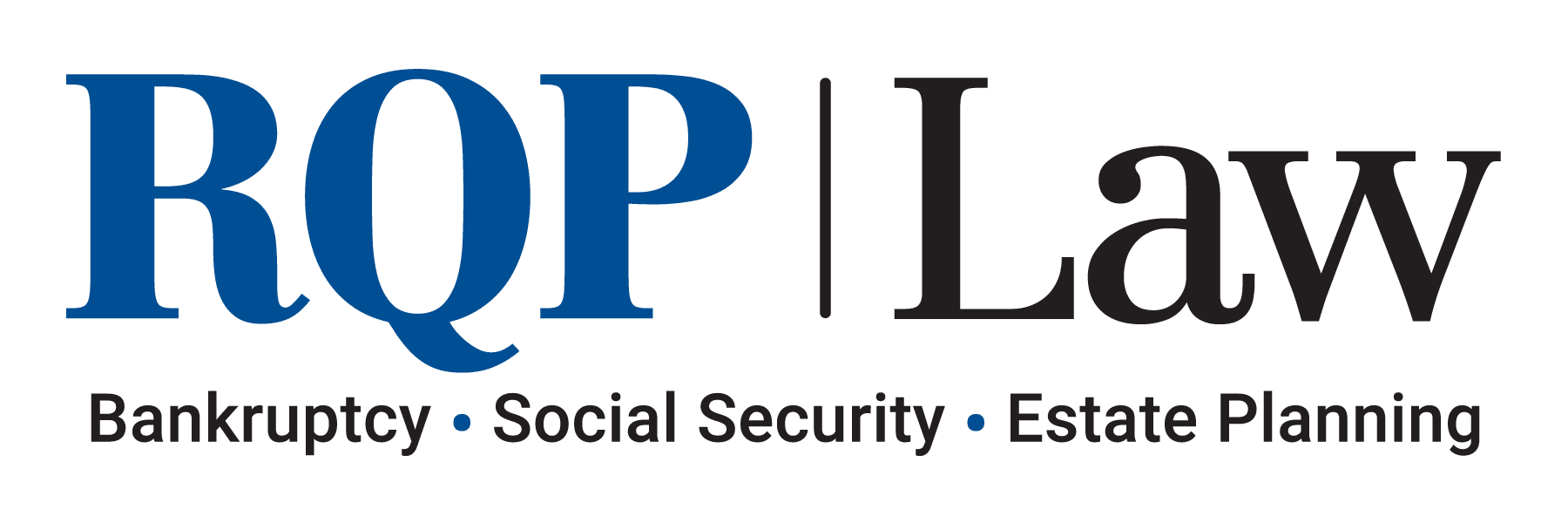After bankruptcy, most people want to begin rebuilding their life as soon as possible. This often involves the purchase of a home to live in. For low to moderate income families, an FHA loan can make this purchase much more realistic. But, can you receive an FHA loan after bankruptcy? Let’s find out.
What Is an FHA Loan?
First, let’s go over exactly what an FHA loan is. An FHA loan is a mortgage option backed by the Federal Housing Administration. The purpose of these loans is to make home ownership much more accessible, especially for first-time homebuyers, low-income families, and individuals with low credit scores. FHA loans accomplish this by having lower credit score requirements and lower down payments. The down payment can even be as low as 3.5%. FHA loans make it possible for people to become homeowners who would never have the chance otherwise.
Requirements
Not just anyone can receive an FHA loan. There are certain requirements that must be met in order to qualify. These requirements include:
- You must have a minimum credit score of 580 with a 3.5% down payment.
- You must have a minimum credit score of 500 with a 10% down payment.
- You must have a debt-to-income ratio of 43% or less. This can be calculated by dividing your total monthly debt by your gross monthly income.
- The property you purchase must be your primary residence. This means that you live there for a majority of the year.
- You must move into the property within 60 days of closing.
- The property must meet HUD guidelines. This means meeting certain safety standards such as having no lead paint and following building codes.
These requirements must be met in order to qualify for an FHA loan.
FHA Home Loan After Bankruptcy
Going through bankruptcy will not ruin your chances of getting an FHA loan, but it can make it more difficult. For example, you will still have to meet the requirements listed above, including the minimum credit score requirements. As bankruptcy can cause your credit score to fall hundreds of points, you may fail this requirement until you have had time to focus on rebuilding your financial health and increasing your credit score.
How Long After Bankruptcy Can I Get an FHA Loan?
After bankruptcy, there is also a required waiting period before you will be able to apply for an FHA loan. The exact length of this waiting period will depend on the type of bankruptcy you declared. If you underwent chapter 7 bankruptcy, the waiting period is 2 years. On the other hand, if you underwent chapter 13 bankruptcy, the waiting period is one year, assuming you have made timely payments on your debt in that time.
Steps to Qualifying for an FHA Loan After Bankruptcy
If you want to qualify for an FHA loan after bankruptcy, there are certain steps you must take. These steps will vary depending on if you went through chapter 7 bankruptcy or chapter 13 bankruptcy.
Chapter 7
For the most part, other than meeting the standard FHA loan requirements, the only step you will need to take to qualify for an FHA loan after chapter 7 bankruptcy is to wait the required 2 years. However, there are steps you can take to substantially lower this waiting period. First, you must prove that your bankruptcy occurred because of extenuating circumstances. Such circumstances include:
- Medical issues
- Job loss
- Natural disasters
- The death of the main income earner of the household
Once you have collected proof, you will have to present it to the court. You will also need to show that you have responsibly handled your finances since the bankruptcy. If you successfully do this, the waiting period can be lowered to 1 year.
Chapter 13
After chapter 13 bankruptcy, there are two steps you need to take in order to apply for an FHA loan. First, you must make your scheduled payments on time for 1 year. No payments can be late in this time. If you miss one payment, the clock will start over. After making timely payments for a year, you will then need to obtain written permission from the court to apply for a mortgage. Once both of these steps are completed, you can qualify for an FHA loan. It is not uncommon that mortgage loans are refinanced in the middle of a Chapter 13 bankruptcy case.
Tips for Improving Your Finances After Bankruptcy
After bankruptcy, your top priority should be rebuilding your financial health. Some tips for this are:
- Create a budget and stick to it. This will ensure you live within your means and do not start spending money on frivolous things.
- Get a secured credit card and use it. After bankruptcy, it can sometimes be difficult to get approved for a traditional credit card, but a secured credit card only requires you to make deposits that act as your credit limit. A secured credit card will allow you to improve your credit score.
- Pay all of your bills on time. This will help to improve your credit score.
- Build an emergency fund to create a cushion for unexpected expenses.
If you follow these tips, you’ll improve your finances in no time.
Other helpful resources
Understanding Lis Pendens in Bankruptcy: Property Rights Explained
Bankruptcy is often used when a person’s debts have become so large that they cannot possibly pay them all. This means...
How to File a Motion to Reopen a Chapter 7 Bankruptcy Case
So, you need to reopen a Chapter 7 bankruptcy case. Luckily, you are able to do so. However, it is a complicated...


0 Comments